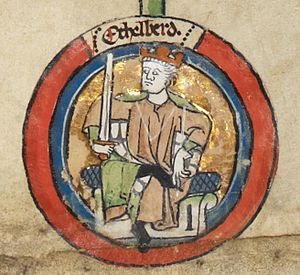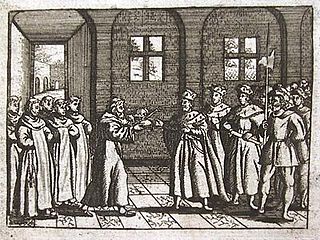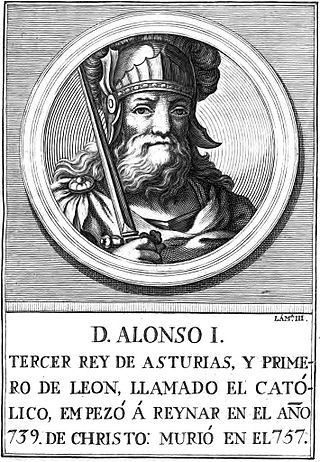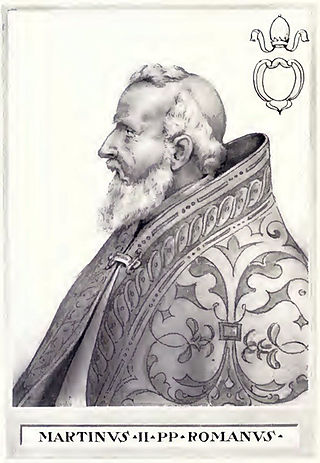This article needs additional citations for verification .(July 2016) |
| Millennium: | 1st millennium |
|---|---|
| Centuries: | |
| Decades: | |
| Years: |
| 860 by topic |
|---|
| Leaders |
| Categories |
| Gregorian calendar | 860 DCCCLX |
| Ab urbe condita | 1613 |
| Armenian calendar | 309 ԹՎ ՅԹ |
| Assyrian calendar | 5610 |
| Balinese saka calendar | 781–782 |
| Bengali calendar | 267 |
| Berber calendar | 1810 |
| Buddhist calendar | 1404 |
| Burmese calendar | 222 |
| Byzantine calendar | 6368–6369 |
| Chinese calendar | 己卯年 (Earth Rabbit) 3557 or 3350 — to — 庚辰年 (Metal Dragon) 3558 or 3351 |
| Coptic calendar | 576–577 |
| Discordian calendar | 2026 |
| Ethiopian calendar | 852–853 |
| Hebrew calendar | 4620–4621 |
| Hindu calendars | |
| - Vikram Samvat | 916–917 |
| - Shaka Samvat | 781–782 |
| - Kali Yuga | 3960–3961 |
| Holocene calendar | 10860 |
| Iranian calendar | 238–239 |
| Islamic calendar | 245–246 |
| Japanese calendar | Jōgan 2 (貞観2年) |
| Javanese calendar | 757–758 |
| Julian calendar | 860 DCCCLX |
| Korean calendar | 3193 |
| Minguo calendar | 1052 before ROC 民前1052年 |
| Nanakshahi calendar | −608 |
| Seleucid era | 1171/1172 AG |
| Thai solar calendar | 1402–1403 |
| Tibetan calendar | 阴土兔年 (female Earth-Rabbit) 986 or 605 or −167 — to — 阳金龙年 (male Iron-Dragon) 987 or 606 or −166 |

Year 860 ( DCCCLX ) was a leap year starting on Monday of the Julian calendar.







